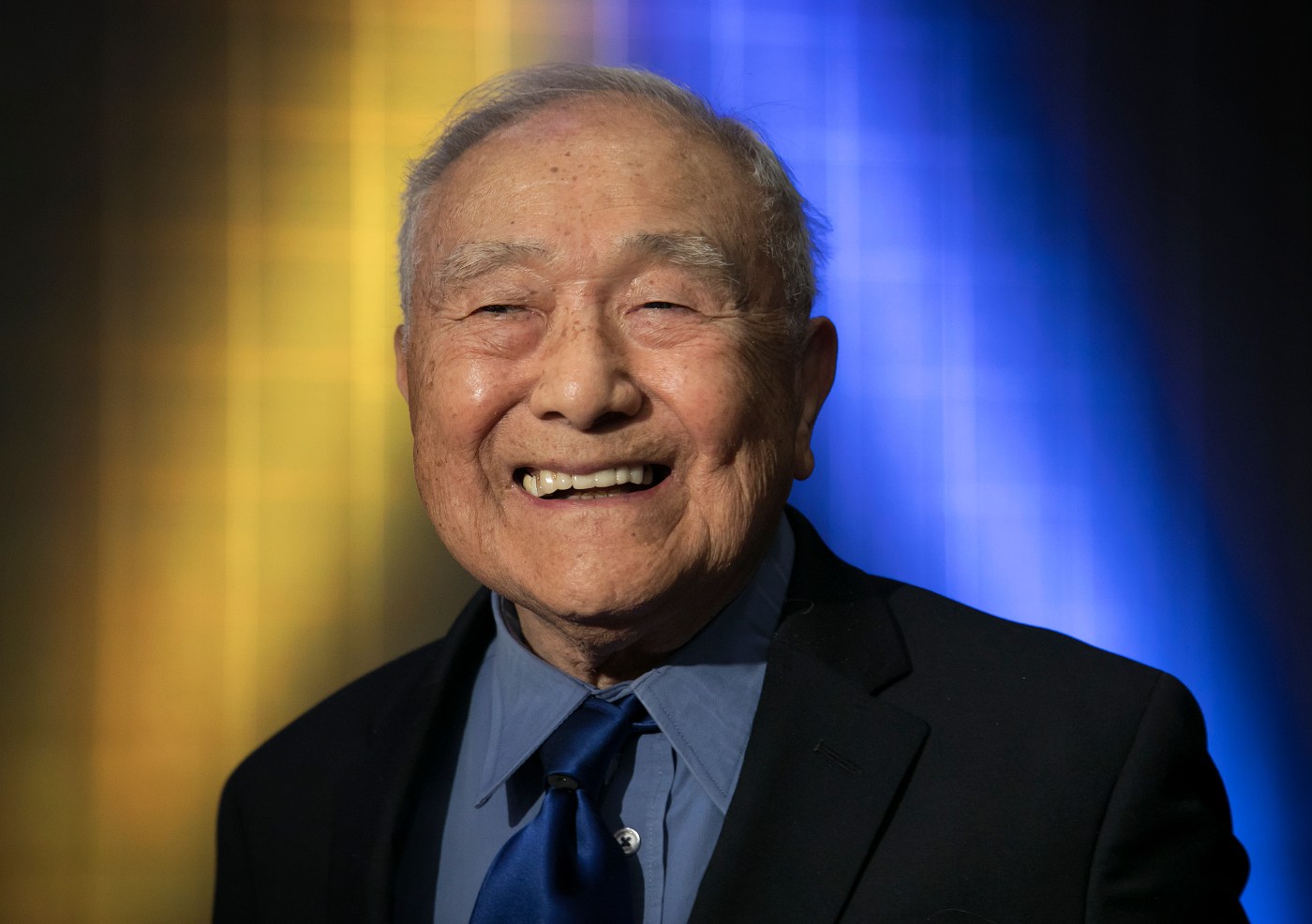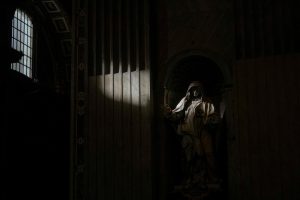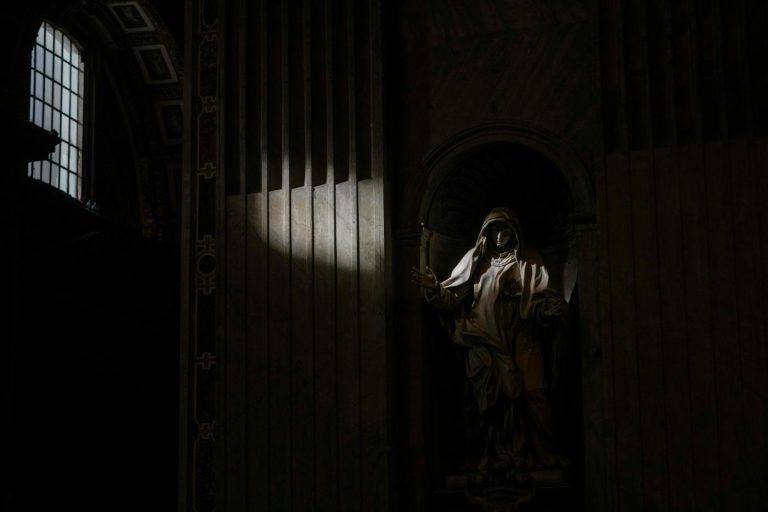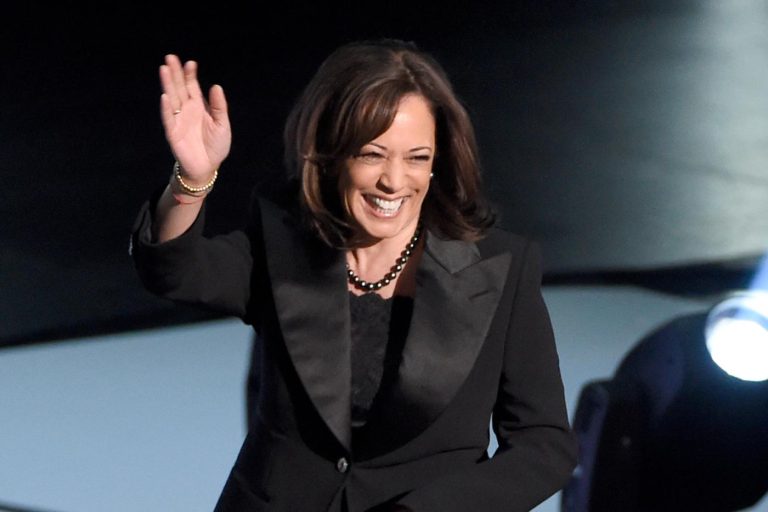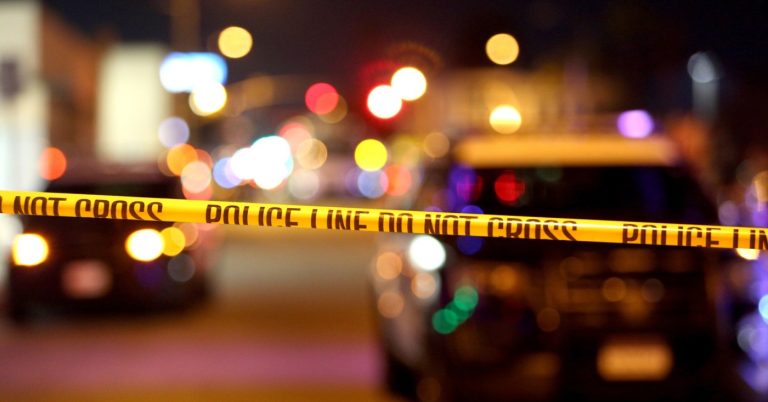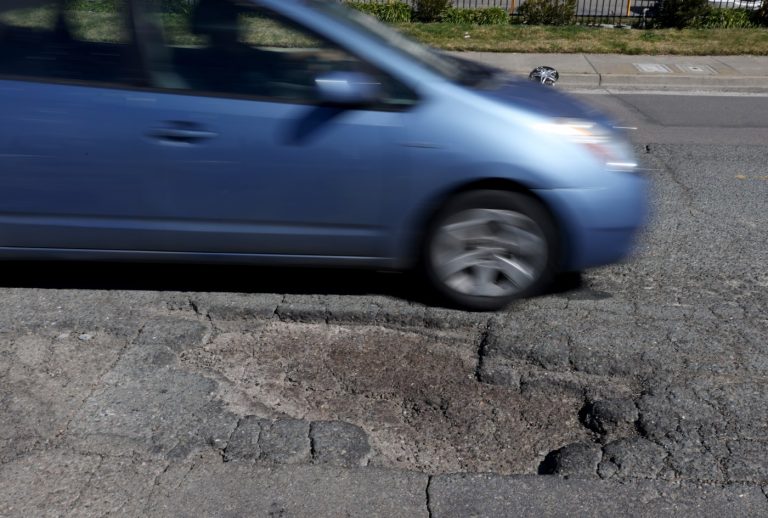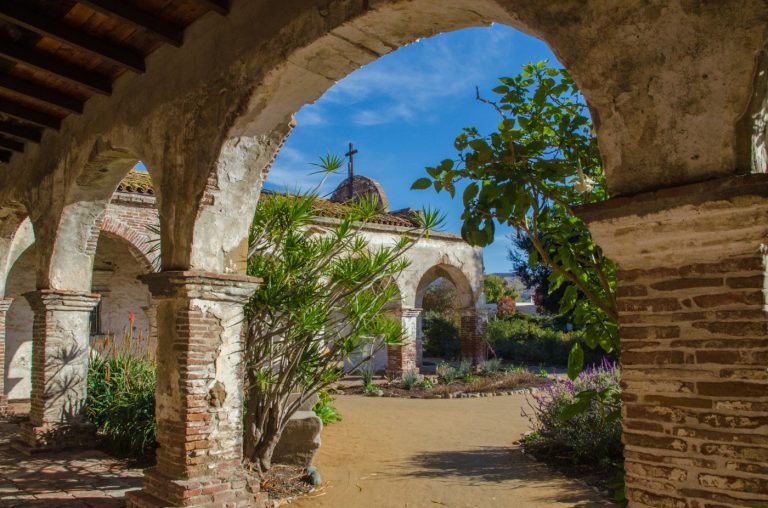SAN JOSE — Yoshihiro Uchida, a San Jose State graduate and erstwhile Spartans coach who overcame World World II-era prejudices to elevate judo in America, died Thursday morning. He was 104 years old.
San Jose State’s judo program and the United States Judo Federation announced Uchida’s passing. He was surrounded by family.
The man known as “Yosh” was a fixture at San Jose State over eight decades while turning the school into a national power in the martial art that made its Olympic debut at the 1964 Tokyo Games.
The 5-foot-5-inch black belt organized the inaugural collegiate national championship in 1960, leading San Jose State to its first of more than 40 titles. He turned the South Bay into a judo grooming ground that has spawned numerous Olympians, including retired U.S. senator Ben Nighthorse Campbell, R-Colorado.
Uchida, also a prominent San Jose businessman who helped promote Japantown, had attended every Summer Olympics except the 2008 Beijing Games and the 2020 Tokyo Games, since serving as America’s coach 60 years ago.
“Going to the 1964 Olympics is something that I treasure,” Uchida told this newspaper during a 2 ½-hour conversation a month shy of his 95th birthday.
“Here I am representing a country that had thrown my parents into internment camps.”
Uchida was born April 1, 1920, in Calexico, but spent his youth in Garden Grove, where his family grew strawberries and tomatoes after giving up dairy farming in the Imperial Valley.
One of four children of Japanese immigrants, Uchida worked on the family farm and attended programs at local community centers to learn about his ancestral culture. Uchida took up judo at age 10.
“We enjoyed football, softball and all the American sports,” Uchida recalled. “But this is not what our parents wanted us to do.”
By the time Uchida graduated from Garden Grove High School he had embraced the martial art, saying, “I enjoyed throwing big guys.” He had no idea how judo would transform his life.
All Uchida knew was he wanted to do more than the backbreaking life of tomato and strawberry farming. He asked his parents if he could go to college.
They agreed to let him attend Fullerton Junior College but Uchida wasn’t motivated there. After one semester, a roommate suggested they enroll at San Jose State.
“Where’s that?” Uchida asked.
“They got a teacher’s college and a good football team,” his roommate replied.
Uchida was sold on the idea of watching college football.
Yoshihiro “Yosh” Uchida, center, chats with Victoria Taketa, right, and Kathy Sakamoto, left, after the 40th Annual San Jose Day of Remembrance at the San Jose Buddhist Church Betsuin in San Jose, Calif., on Sunday, Feb. 16, 2020. The event commemorates the anniversary of the signing of Executive Order 9066. (Nhat V. Meyer/Bay Area News Group)
He began the chemical engineering program at San Jose State in 1940. Soon, Uchida became a student-coach of the school’s judo program.
After that, he was recruited by the college wrestling team. Uchida recalled playing basketball at the school gymnasium with roommates when a wrestler approached the slight freshman.
The student asked if Uchida knew how to wrestle. Uchida said he didn’t.
Then another man asked if Uchida knew anything about judo. Not much, Uchida said.
The man decided to teach him a lesson by charging Uchida. The freshman quickly dumped his opponent. As he walked out of the gym, the school’s wrestling coach stopped Uchida.
“Do you know who he is?” he asked about the junior AAU champion Uchida had just felled.
Uchida eventually became a varsity wrestler while also working as San Jose State’s judo instructor under the police administration program.
Within a year his life was about to endure traumatic change. The U.S. Army drafted Uchida after the Japanese attack on Pearl Harbor, Hawaii. He didn’t expect to get drafted as a Japanese-American, but ended up serving four years in a segregated unit.
Uchida worked as a laboratory technician in the medical corps at a time the rest of his family members were sent to internment camps as part of President Franklin D. Roosevelt’s decision to relocate 110,000 Japanese and Japanese-American residents from the West Coast.
In a strange historical twist, Yoshihiro Uchida Hall — now San Jose State’s dojo for judo — was used as a Santa Clara County processing center for interns. Uchida’s parents were sent to Poston, Arizona. His brothers landed at the Tule Lake Relocation Center in the eastern Sierra. His sister and her husband were interned in Idaho.
“It was just terrifying,” Uchida said. “It was a scary moment because we didn’t know what the Army or the government was going to do to us.”
The stain of racism followed Uchida upon returning to San Jose State after his service. He recalled having difficulty finding a place to rent because of his heritage. Uchida said years later he listened knowingly when famous Olympic sprinter John Carlos recounted his dealings with racism in San Jose after the Mexico City Games.
Uchida resumed working toward a degree in biological science as well as developing San Jose State’s judo program. His anger over ill treatment eased because of those who helped him.
Uchida said then-wrestling coach Sam Della Maggiore, who later would serve as a San Jose councilman and Santa Clara County supervisor, offered to let him stay on his farm not far from campus.
The student also could release his resentment on the mat. Despite his small stature, Uchida was not intimidated by the police candidates.
A particularly big fellow of 6-feet-1, 240 pounds challenged the teacher on the first day of class after Uchida returned from military service. The veteran said he used to bayonet enemy soldiers who looked liked Uchida during the Guadalcanal Island campaign.
Yosh Uchida receives his honorary doctorate at San Jose State University’s 147th graduation ceremony, Saturday May 29, 2004, at Spartan Stadium. (Richard Koci/Mercury News)
“What are you going to do to me if I grab you by the collar?” the student asked, then swung the instructor in the air.
Uchida remained composed before making a move. When the big man was unbalanced from all the twirling, Uchida threw him to the mat.
The instructor got up and told the class, “That’s judo.”
“Then I took roll,” Uchida said.
Uchida kept teaching judo after graduating in 1947. He struggled to find a job despite his military experience and newly minted degree. He was told Caucasians would be uncomfortable getting blood drawn from a Japanese-American.
Della Maggiore came to Uchida’s aid again. The wrestling coach helped his former athlete get hired in the emergency room at O’Connor Hospital.
By then Uchida and his wife Mae Ayame Uchida had a 3-year-old daughter. Even with a young family and nascent career, Uchida launched a campaign to bring judo into the mainstream.
With guidance from Henry Stone, Cal’s judo and wrestling coach, Uchida created an organized system that turned the martial art into a sport. By 1953, he had done enough to persuade Amateur Athletic Union officials to sanction it.
That year, San Jose State sponsored the first nationwide AAU championships. In 1962, Uchida organized the first national collegiate judo championships. The sport is not sanctioned by the NCAA.
Related Articles
Silicon Valley Pain Index highlights increasing inequity in tech and housing
San Jose State football: Quarterback competition headlines 2024 spring game
Uchida built his business career while growing San Jose State’s judo program. He figured his best option was owning his own company instead of depending on others. Uchida took over a medical laboratory in 1957 and turned it into a successful enterprise.
By 1989, he had sold his chain of laboratories to Unilab for $30 million. Uchida also was part of the San Jose Nihonmachi Corporation that helped revitalize Japantown.
He founded the Japanese American Chamber of Silicon Valley in 1996 and the National Collegiate Judo Association.
Four-time Olympian Mike Swain recalled how Uchida would have every freshman tell the class what their grade-point average was on the first day.
“The most important thing for him was your GPA, why you do judo, where you come from,” said Swain, who was inducted into the San Jose Sports Hall of Fame in 2022. “He tells you how it is. If you don’t like it you can leave.”
Uchida financially supported the Spartans judo club in the early days, and recruited alums and community members to keep it going. It did so well it no longer qualified as a club sport and eventually was folded into the school’s kinesiology department.
Over time, San Jose State became the sport’s West Coast center, one of four in the United States.
“It’s amazing how one person can build a big community and it becomes this bigger thing,” Swain said. “It baffles me how you do that.”
Memorial service details have not yet been announced.
He is survived by daughters Lydia Uchida-Sakai of San Jose and Aileen Uchida of Honolulu, grandchildren Michael and Kyle Sakai of San Jose, and step grandchildren Abigail and Jared Shapiro of Hawaii. He was preceded in death by his wife Mae Ayame Uchida and eldest daughter, Janice Tadako Uchida.
Grand Marshal, Yosh Uchida, the Spartans’ legendary judo coach, and Marti Malloy, 2012 Olympic bronze medalist, take a selfie as they wait for the start of the Rose, White & Blue Parade in San Jose, Calif., Saturday, July 4, 2015. (Patrick Tehan/Bay Area News Group)
